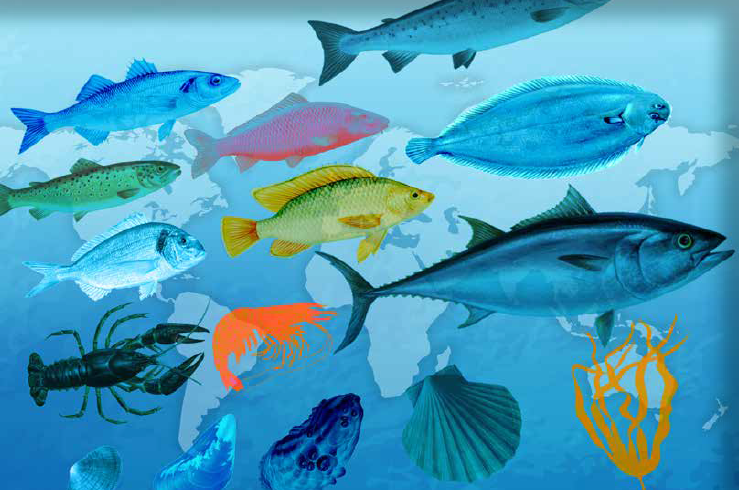Planning for aquaculture diversification: the importance of climate change and other drivers
Aquaculture is the world’s most diverse farming system in terms of number of species, methods and the environments where the farms are located. Member countries are increasingly requesting guidance from FAO regarding diversification of aquaculture as wild fisheries reach their limits, human population grows and the demand for aquatic plants and animals for food and other uses increases. In response to these requests, FAO and World Fisheries Trust (Canada) convened the workshop Planning for aquaculture diversification: the importance of climate change and other drivers.
Although there is an ever-increasing number of species being farmed in aquaculture and diversification is high in some cases, further diversification is constrained by limitations in technology, profitability, regulations, sustainability and enabling environments that include community acceptance. However, the natural diversity and diminishing stocks of capture fisheries provide an ongoing incentive to diversify and farm new animals and plants.
The workshop identified three main strategies for aquaculture diversification:
1) increase the number of species being farmed; 2) increase the evenness of farmed species; and 3) increase the diversity within currently farmed species by developing new strains. The workshop identified some primary drivers of diversification: market demand (including export opportunities), funding opportunities, competition and climate change, as well as other environmental and social factors.
Diversification of species and culture systems and a more even distribution of production could provide resilience in the face of a changing climate and other external drivers and add economic, social and ecological insurance to aquaculture systems. However, diversification is not without risks and may not always be a viable means to increase fish production. In addition to purely economic costs there will be associated development costs, including evaluation and mitigation of environmental and social impacts and establishment of species-specific biosecurity frameworks. The workshop identified general principles that can help guide diversification in aquaculture.


